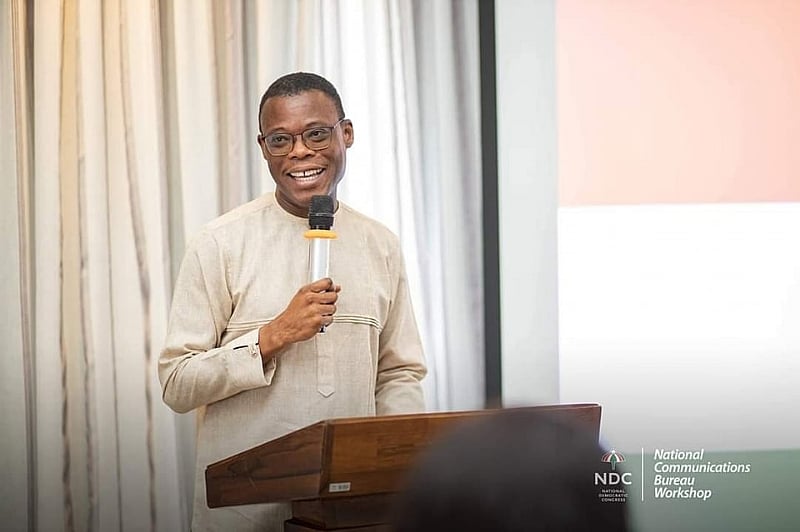The National Democratic Congress (NDC), Ghana’s opposition party, has recently called upon the Electoral Commission (EC) to provide comprehensive statistics regarding the printing of ballot papers ahead of the upcoming elections. This request comes after the EC communicated its intentions concerning the ballot paper printing process and invited NDC agents to attend a session at the Commission’s office on October 10. The urgency of the NDC’s demand is rooted in historical concerns; specifically, there have been allegations of the printing of surplus ballot papers in previous elections, raising fears of potential electoral malpractice.
In a letter sent to the EC on October 9, the NDC expressed its support for the electoral process but emphasized the necessity for precise statistics that would guide the ballot paper printing for various constituencies. They stressed that these statistics are crucial for ensuring that there are no discrepancies or excesses in the printed ballot papers. The NDC referenced a prior communication from July 22, 2024, when they requested Electoral Code books, reiterating their belief that accurate demographic and electoral data are foundational to preventing issues such as the underproduction or overproduction of ballots for the upcoming election scheduled for December 7, 2024.
The party’s insistence on the importance of accurate statistics highlights a broader concern regarding transparency and integrity in the electoral process. The NDC is advocating for a comprehensive approach, ensuring that all stakeholders, including political parties, have access to relevant information that can influence the conduct of the elections. This emphasis on data and statistics is part of a larger discourse on electoral fairness, where parties are increasingly demanding clarity from electoral bodies about the processes that govern elections.
In addition to their request for detailed statistics, the NDC also voiced their dissatisfaction regarding the EC’s communication practices. They urged the Commission to provide ample notice concerning significant electoral matters, expressing concern that short notices can hinder the ability of political parties to effectively engage and respond to crucial developments. Such communication lapses not only impact the parties’ preparedness but may also affect the overall election process and its perceived legitimacy in the eyes of the electorate.
The NDC’s current position aligns with ongoing conversations among political entities in Ghana about the necessity for reform in electoral management practices. Stakeholders are calling for greater collaboration and transparency, which are vital for fostering public trust in the electoral outcomes. This situation has set the stage for a pivotal dialogue about how the electoral system can be improved to prevent past grievances and foster a more inclusive political landscape.
As the date of the elections approaches, the demands from the NDC reflect a critical engagement with the electoral process that seeks to ensure fair play and accountability. The call for detailed statistics and improved communication with political parties represents a significant step toward a more transparent electoral framework. Ultimately, the outcome of this dialogue and the actions of the EC will be instrumental in shaping the electoral landscape in Ghana, ensuring that the elections are conducted fairly and that the will of the people is accurately represented.


